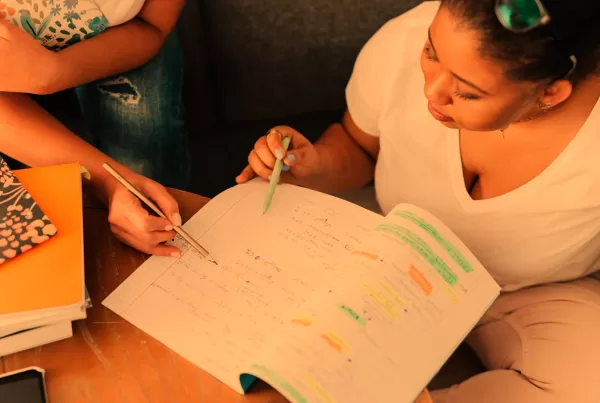
Why Blaming Screens for Cognitive Decline Misses the Point
21 January, 2026
Why Blaming Screens for Cognitive Decline Misses the Point
Recent testimony to the US Senate on “cognitive decline” and educational technology has reignited a familiar debate: whether screens are eroding young people’s capacity to think, and whether technology itself…





